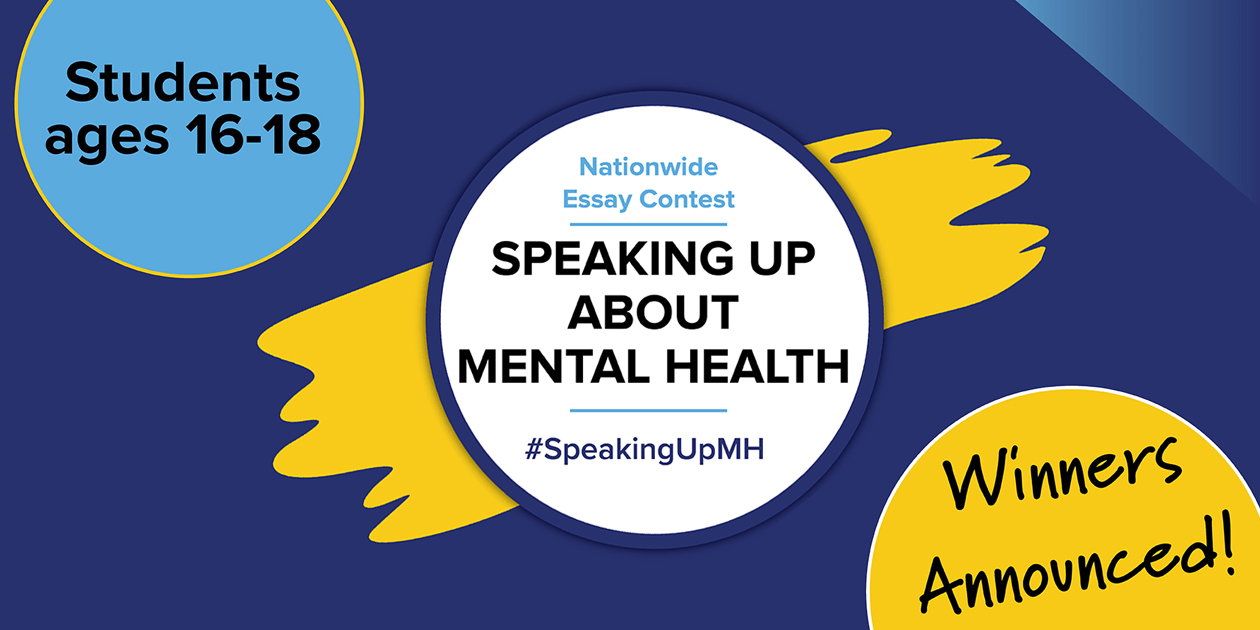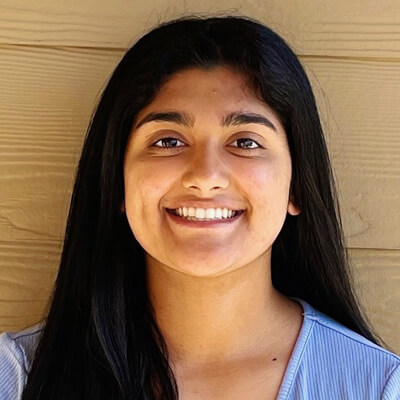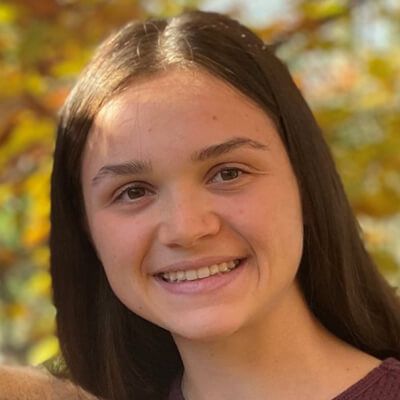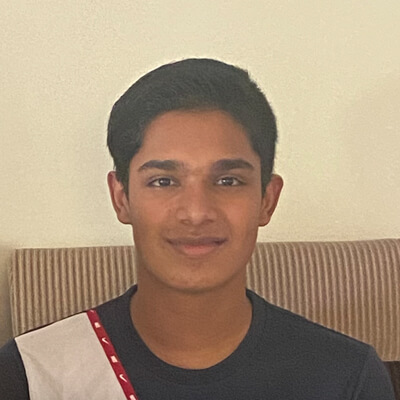2022 Essay Contest Awardees
Speaking Up About Mental Health!

Gold Winners
Making the Invisible More Transparent

Ansh, California
Mental health often seems invisible, but that doesn't make it any less important than physical health. In my essay, I discuss large-scale solutions such as reforming national hotlines and small, subtle shifts such as implementing mental health days that can increase the accessibility of mental health care, destigmatize discussions of mental health, and hopefully, make discussions of mental health more transparent.
No Longer Silent: Confronting the Stigma Surrounding Mental Health

Catherine, Illinois
Mental health should not only be talked about when a tragedy occurs. In my essay, I explore the stigma surrounding mental health in Asian American communities and emphasize the increasing need for bilingual and culturally-informed professionals.
Our Stereotypes. Our Stigmas. My Strength.

Morgan, New Jersey
This essay describes my "aha" moment as I learned to improve my well-being and let go of the stereotypes surrounding poor mental health. I also share ideas to help break stigmas, normalize mental health check-ins in high school, and increase mental health literacy so that teens are encouraged to identify their mental health needs, seek help, and find support.
Silver Winners
Hidden in Cracks

Abigail, Maryland
Young people should not be burdened with feeling like they need to be perfect. By focusing on the whole person and making mental health resources more accessible, young people will be able to feel comfortable and confident as they are and will ultimately be happier and more successful.
Unmasked

Anusha, Washington
The yearbook staff has unique access to the entire student body. Using the yearbook as the mode of communication to educate students on mental health disorders can alleviate the stigma surrounding such conversation.
It’s Time to Rebrand Mental Illness: Addressing the Crisis of Stigmatization

Rohan, California
How we see a perceived problem is pivotal to how we react to it. Stigmatization exacerbates the mental health crisis within our country, but by rebranding mental illness, we can remove the fear of being associated with it. If we genuinely want to be an inclusive society, then mental illness must be included in that paradigm shift. Let's open up the floor for discussion and normalize openly talking about mental health.
Bronze Winners
Brighter Days

Aidan, Arizona
Ever since my first close exposure to someone experiencing severe mental health issues, I have been striving to equip myself with knowledge and training to help those in need. There will be brighter days ahead if all of us can help raise our voices against mental health stigma.
Mental Health Challenges in Young People: An Asian American Perspective

Evan, Texas
Mental health challenges in young people have come to the forefront with the advent of social media and COVID restrictions. With the addition of anti-Asian sentiment, mental health promotion in Asian American youths requires special attention to potential barriers in stereotypes, languages, and finances.
It Starts in Schools: How to Solve Our Mental Health Problem

Huda, North Carolina
Mental health screening in school is often inadequate and makes teens feel not heard. We can solve this by implementing research-based, engaging questionnaires that allow teens to open up and get the help they need.
Honorable Mention Winners
If Only People Knew

Evelyn, Virginia
The way eating disorders are taught in school reinforces the stigma surrounding eating disorders. This essay addresses how the stigma is reinforced, how it has affected my experience living with an eating disorder, and how we can change the way it is taught about in schools.
Don't Say Hope: Why Don't Say Gay Bills Are a National Health Crisis

Leila, Ohio
As a queer student, hearing about Florida’s Don’t Say Gay Bill struck a chord with me and inspired me to write this essay expressing how I felt the bill would affect the lives of Florida children. Since writing the essay, my home state of Ohio introduced its own Don’t Say Gay Bill (HB 616), which only further highlights how important this issue is.
Surviving the Pain

Melvin, Massachusetts
It's often hard to become aware of something before it happens to you, and once you do, it's easy to feel overwhelmed when you experience stigma. In my essay, I will discuss mental health stigma and my efforts to reverse it, through my personal journey.
Countless Approaches

Norah, Maryland
An essay that touches on policy changes that need to be made centering on student mental health. Written by a “pro-procrastinator,” it also demonstrates how mental health can take on unexpected faces, and why we need to be aware of it.
Mental Health Awareness: My Personal Journey and the Next Steps

Sydney, Minnesota
I discuss my battle with mental illness and potential ways to counteract it among today's youth.
Stop the Stigma: Talk, Understand, Value

Veronica, Illinois
We need to change the perception of mental health in our society. Mental health needs to be valued through discussion and understanding.
NIH recognizes these talented essay winners for their thoughtfulness and creativity in addressing youth mental health. These essays are written in the students' own words, are unedited, and do not necessarily represent the views of NIH, HHS, or the federal government.
Page updated September 28, 2022
















